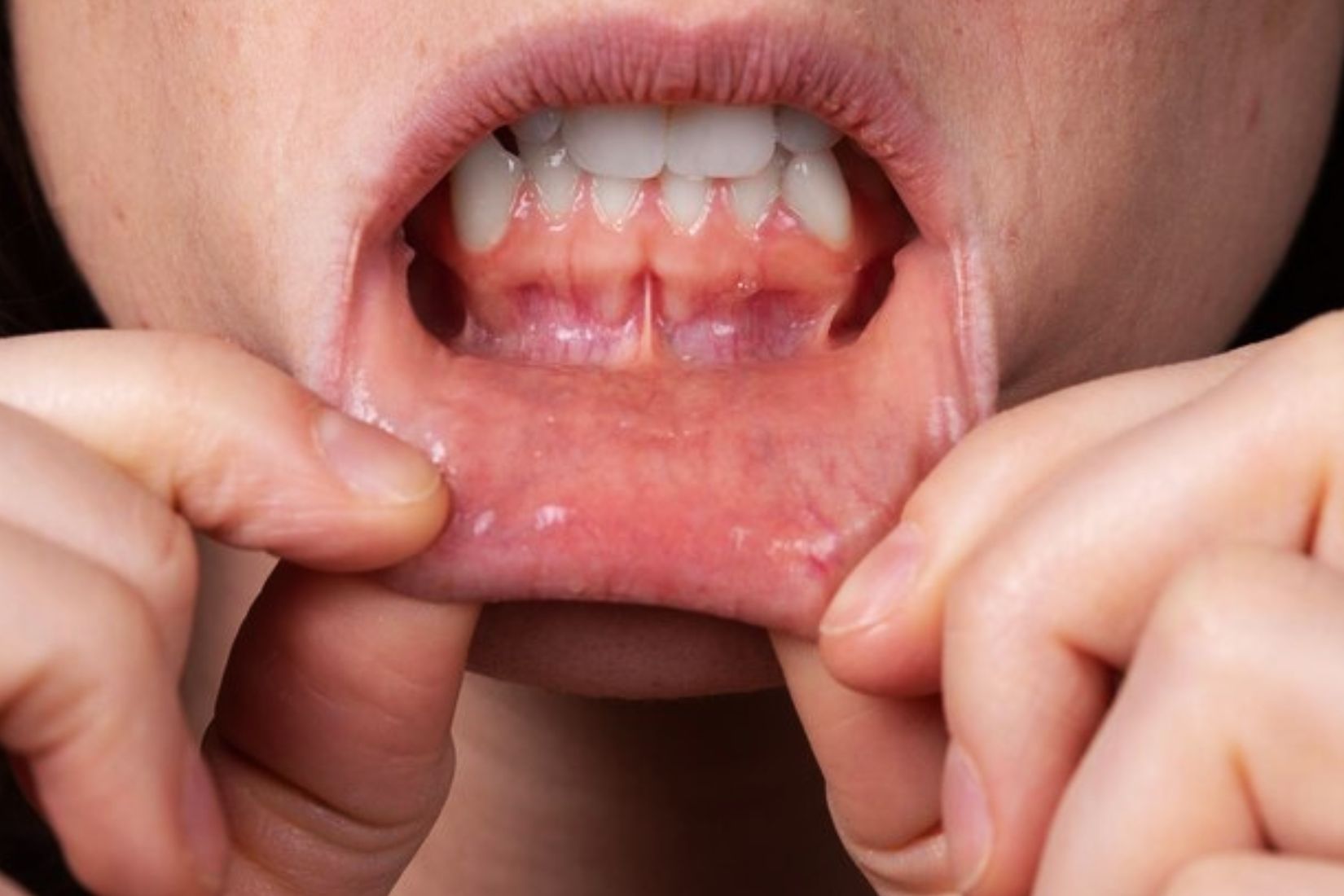
Canker sores are small, painful ulcers that appear inside the mouth, making eating and talking uncomfortable. Ever wondered what causes these pesky sores? Stress, minor mouth injuries, acidic foods, and even certain toothpaste ingredients can trigger them. Unlike cold sores, canker sores aren't contagious. They usually heal on their own within a week or two. But why do some people get them more often? Genetics and immune system issues might play a role. Want to know how to prevent them? Avoiding spicy foods, practicing good oral hygiene, and managing stress can help. Ready to learn more fascinating facts about canker sores? Keep reading!
What Are Canker Sores?
Canker sores, also known as aphthous ulcers, are small, painful lesions that develop inside the mouth. They can make eating, drinking, and talking uncomfortable. Let's dive into some interesting facts about these pesky sores.
-
Canker sores are not contagious. Unlike cold sores caused by the herpes virus, canker sores cannot be spread from person to person.
-
They usually appear inside the mouth. Common locations include the inner cheeks, lips, tongue, and the base of the gums.
-
Canker sores are different from cold sores. Cold sores are caused by the herpes simplex virus and usually appear outside the mouth, often on the lips.
-
Stress can trigger canker sores. Emotional stress and anxiety are known to contribute to the development of these ulcers.
-
Certain foods can cause canker sores. Spicy, acidic, or rough-textured foods can irritate the mouth and lead to sores.
Causes and Risk Factors
Understanding what causes canker sores and who is at risk can help in managing and preventing them.
-
Injury to the mouth can cause canker sores. Biting the inside of your cheek or using a hard toothbrush can lead to these painful lesions.
-
Nutritional deficiencies are a risk factor. Lack of vitamins like B12, zinc, folic acid, and iron can increase the likelihood of developing canker sores.
-
Hormonal changes can trigger canker sores. Many women experience these sores during their menstrual cycle.
-
Certain medical conditions are linked to canker sores. Diseases like celiac disease, Crohn's disease, and HIV/AIDS can increase the risk.
-
Genetics play a role. If your parents had canker sores, you might be more likely to get them too.
Symptoms and Diagnosis
Recognizing the symptoms and knowing how canker sores are diagnosed can help in seeking timely treatment.
-
Canker sores are usually round or oval. They have a white or yellow center with a red border.
-
They can be painful. The pain usually subsides in a few days, but the sore can take up to two weeks to heal completely.
-
You might feel a tingling sensation before a sore appears. This can be a warning sign that a canker sore is developing.
-
Doctors diagnose canker sores based on appearance. No special tests are usually needed unless sores are severe or recurrent.
-
Recurring sores might need further investigation. Persistent or unusually large sores could indicate an underlying health issue.
Treatment and Home Remedies
While canker sores usually heal on their own, treatments can help ease the pain and speed up the healing process.
-
Over-the-counter treatments can help. Gels, creams, and mouth rinses are available to reduce pain and inflammation.
-
Saltwater rinses can be soothing. Rinsing your mouth with a saltwater solution can help clean the sore and reduce discomfort.
-
Avoiding certain foods can prevent irritation. Steering clear of spicy, acidic, or rough foods can help the sore heal faster.
-
Good oral hygiene is important. Brushing and flossing gently can prevent further irritation and promote healing.
-
Prescription medications might be necessary. For severe cases, doctors may prescribe stronger treatments like corticosteroids.
Prevention Tips
Preventing canker sores can save you from the discomfort they cause. Here are some tips to keep them at bay.
-
Maintain a balanced diet. Eating a diet rich in vitamins and minerals can help prevent nutritional deficiencies that cause sores.
-
Manage stress effectively. Practicing relaxation techniques like meditation or yoga can reduce stress-related sores.
-
Use a soft-bristled toothbrush. This can minimize the risk of injuring the inside of your mouth.
-
Avoid foods that trigger sores. If you notice certain foods cause sores, try to avoid them.
-
Stay hydrated. Drinking plenty of water keeps your mouth moist and less prone to irritation.
-
Regular dental check-ups are important. Seeing your dentist regularly can help catch any issues early and keep your mouth healthy.
Final Thoughts on Canker Sores
Canker sores, those pesky little ulcers, can really put a damper on your day. Knowing the facts about them helps in managing and preventing these annoying mouth invaders. They’re not contagious, often triggered by stress, certain foods, or even minor injuries inside your mouth. While they usually heal on their own within a week or two, there are ways to speed up the process and ease the pain. Over-the-counter treatments, avoiding spicy or acidic foods, and maintaining good oral hygiene can make a big difference. If you find yourself dealing with frequent or unusually large sores, it might be time to see a doctor. Understanding what causes canker sores and how to treat them can help you get back to enjoying your meals and conversations without discomfort. Stay informed, take care of your mouth, and keep those canker sores at bay!
Was this page helpful?
Our commitment to delivering trustworthy and engaging content is at the heart of what we do. Each fact on our site is contributed by real users like you, bringing a wealth of diverse insights and information. To ensure the highest standards of accuracy and reliability, our dedicated editors meticulously review each submission. This process guarantees that the facts we share are not only fascinating but also credible. Trust in our commitment to quality and authenticity as you explore and learn with us.
